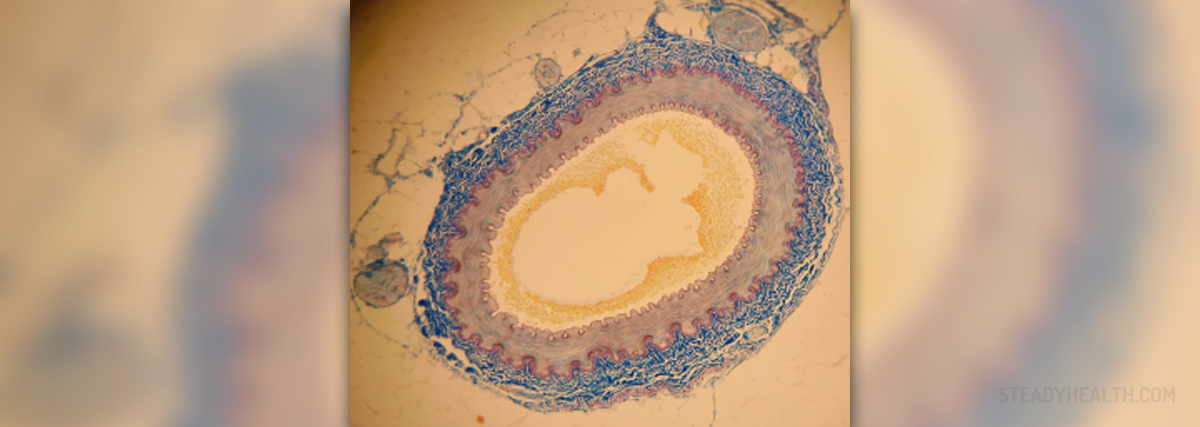
Carotid Arteries
Carotid arteries are the blood vessels in the neck whichbring the blood from the heart to the brain. They are located on the bothsides on the neck and with the blood they bring oxygen and nutrients to thebrain.
The buildup of certain substances from the blood may cause partialor total blockage of these arteries, affect the flow of the blood to the brain andlead to some severe health problems. The most commonly accumulated substancesare fat, cholesterol and calcium, that oxidize and cause the formation ofplaque along the inner walls of the carotid (and all other) arteries in thebody. The accumulation and narrowing of the blood vessels are in medical terms alsoknown as arteriosclerosis.
Symptoms of the Blockage
In many cases, people don’t know that they have this medicalcondition, since it doesn’t show any symptoms at all, and these patients arecalled asymptomatic. There are no symptoms that show that anything changed inthe body, until they suffered from mini stroke. This condition doctors also call TIA(transient ischemic attack), and the patients usually experience: mentalproblems, speech and vision difficulties, weakness throughout the body,numbness and loss of control on one side of the body or in limbs, etc. Often,these symptoms are temporary and last for a short period of time,in most cases just few seconds or maximally few hours. Do not take these symptomslightly, because they should be addressed by your doctor.
Sometimes, even without these warning signs, people experiencestroke symptoms. These are severe and progressively worsening symptoms andpatients could experience headaches, nausea, stiff neck, dizziness and even unconsciousness.
Diagnosis and Treatment
Diagnosis is confirmed after the physical exam andstethoscope exam of the patients’ neck. Doctor will hear the neck and listenfor the noise in the blood flow that might indicate the obstruction of neckarteries. After this preliminary diagnosis, doctor will order some lab test toconfirm the diagnosis.
Seriousness of the arterial blockage determines thetreatment. Some mild case are not treated, but only closely watched by thedoctor. Other patients might be prescribed some blood thinners and anti-clottingmedications (commonly prescribed are Aspirin and warfarin).
Patients suffering from this condition are advised to live ahealthy lifestyle, watch their weight, eat healthy, and exercise regularly. Theyshouldn’t use alcohol or cigarettes.
Surgery is the treatment for patients whose arteries are 50%or more clogged. Used surgical procedures are: angioplasty and carotidendarterectomy.


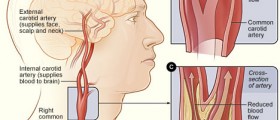

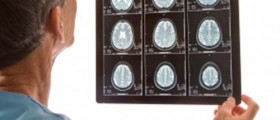
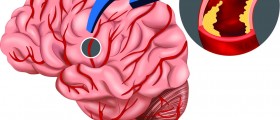
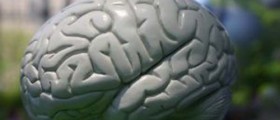
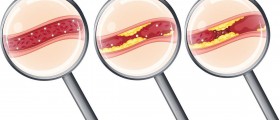






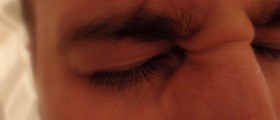
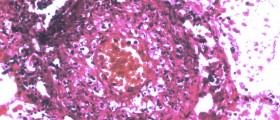

Your thoughts on this
Loading...